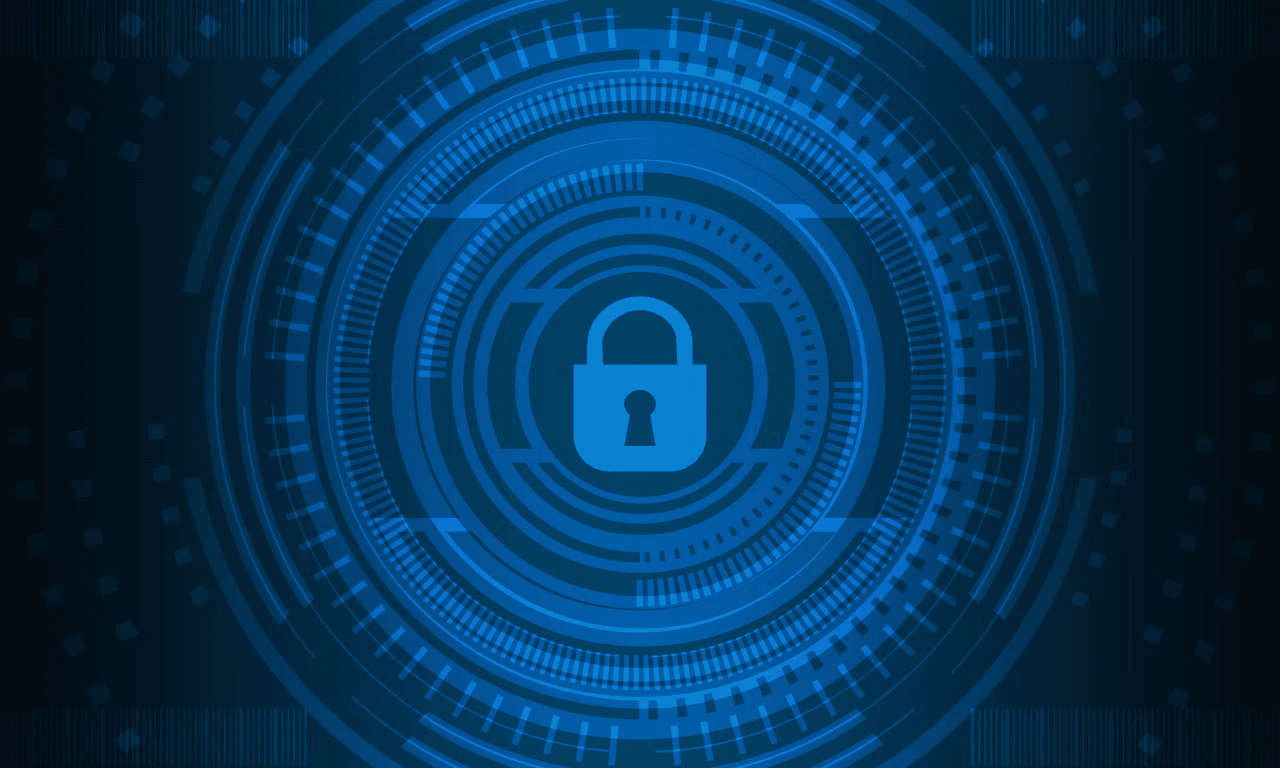- 15/06/2022
- by Vinay Gupta
How to Protect Your Online Accounts from Being Breached

Stolen login credentials are a hot commodity on the Dark Web. There’s a price for every type of account from online banking to social media. For example, hacked social media accounts will go for between $30 to $80 each.
The rise in reliance on cloud services has caused a big increase in breached cloud accounts. Compromised login credentials are now the #1 cause of data breaches globally, according to IBM Security’s latest Cost of a Data Breach Report.
Having either a personal or business cloud account compromised can be very costly. It can lead to a ransomware infection, compliance breach, identity theft, and more.
To make matters more challenging, users are still adopting bad password habits that make it all too easy for criminals. For example:
34% of people admit to sharing passwords with colleagues
44% of people reuse passwords across work and personal accounts
49% of people store passwords in unprotected plain text documents
things you can do to reduce the chance of having your online accounts compromised
Cloud accounts are more at risk of a breach than ever, but here are the things you can do
Use Multi-Factor Authentication (MFA)
The brief inconvenience of using that additional step when you log into your accounts is more than worth it for the bump in security.
Use a Password Manager for Secure Storage
Password managers can also autofill all your passwords in many different types of browsers, making it a convenient way to access your passwords securely across devices.
Review/Adjust Privacy & Security Settings
You don’t want to just leave SaaS security settings at defaults, as these may not be protective enough. Review and adjust cloud application security settings to ensure your account is properly safeguarded.
Use Leaked Password Alerts in Your Browser
Due to this being such a prevalent problem, browsers like Chrome and Edge have had leaked password alert capabilities added. Any passwords that you save in the browser will be monitored, and if found to be leaked, you’ll see an alert when you use it.
Look for this in the password area of your browser, as you may have to enable it. This can help you know as soon as possible about a leaked password, so you can change it.
Don’t Enter Passwords When on a Public Wi-Fi
You should never enter a password, credit card number, or other sensitive information when you are connected to public Wi-Fi. You should either switch off Wi-Fi and use your phone’s wireless carrier connection or use a virtual private network (VPN) app, which encrypts the connection.
Use Good Device Security
To prevent an online account breach that happens through one of your devices, make sure you have strong device security. Best practices include:
- Antivirus/anti-malware
- Up-to-date software and OS
- Phishing protection (like email filtering and DNS filtering)
Looking for Password & Cloud Account Security Solutions?
Don’t leave your online accounts at risk. We can help you review your current cloud account security and provide helpful recommendations.
This Article has been Republished with Permission from The Technology Press.


